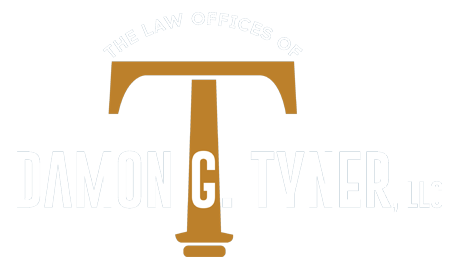Depending on demand, it may be an opportune time to open a new restaurant. But even before 2020, several legal requirements complicated opening a restaurant.
Permits
Restaurants face unique business formation and planning issues.
The local health department must approve the business floor plan, make initial and follow-up inspections, and assure that the restaurant complies with state and local laws and regulations.
Each town in New Jersey is also allowed to issue a number of liquor licenses based upon their population. Restaurants may also purchase licenses from an existing license holder. Purchasers must comply with the requirements of the state’s Alcohol Beverage Control Act when serving liquor.
Location
In addition to business traffic, laws govern the restaurant’s location.
Every locality has land use and zoning ordinances which governs the business activities allowed within a designated zone and impose restrictions on building on land parcels. These include building setbacks, heights, signage, and other types of land usage. When planning a new location, you should consult with the local zoning officer on the site’s suitability and possible planning and zoning board approvals.
New Jersey’s construction code also requires building permits and inspections new construction and renovations. Architectural plans may also need approval. Construction budgets should include professional costs and permit fees.
Site evaluation is also required for additional prior approvals. Environmental and other land use issues may impose these additional requirements.
Business registrations
Restaurants have many options for business formation. If a limited liability company is created, it must be registered with the New Jersey Division of Revenue and Enterprise Services. Sole proprietorships and general partnerships do not have to comply with these registration requirements.
But all business, including proprietorships and partnerships, must register with DORES for tax purposes. Every business that has employees, other than its owner, or is organized as corporation has to obtain a Federal Tax ID # from the IRS.
Businesses may operate and use a name other than their legal name if that name was properly registered. Sole proprietorships and general partnerships must register their tradename in each county where they transact business. LLCs, corporations, other legal entities can register an alternate name with DORES.
Some towns also require mercantile and other local business licenses. Business may also have to collect sales taxes during qualified transactions and submit them to the division of taxation.
Staff
New Jersey has wage, work hour, leave and other requirements governing workers. Business must have workers’ compensation to cover work-related injuries.
Attorneys can assist owners meet these requirements. They can also help them with issues arising during the course of their business.

